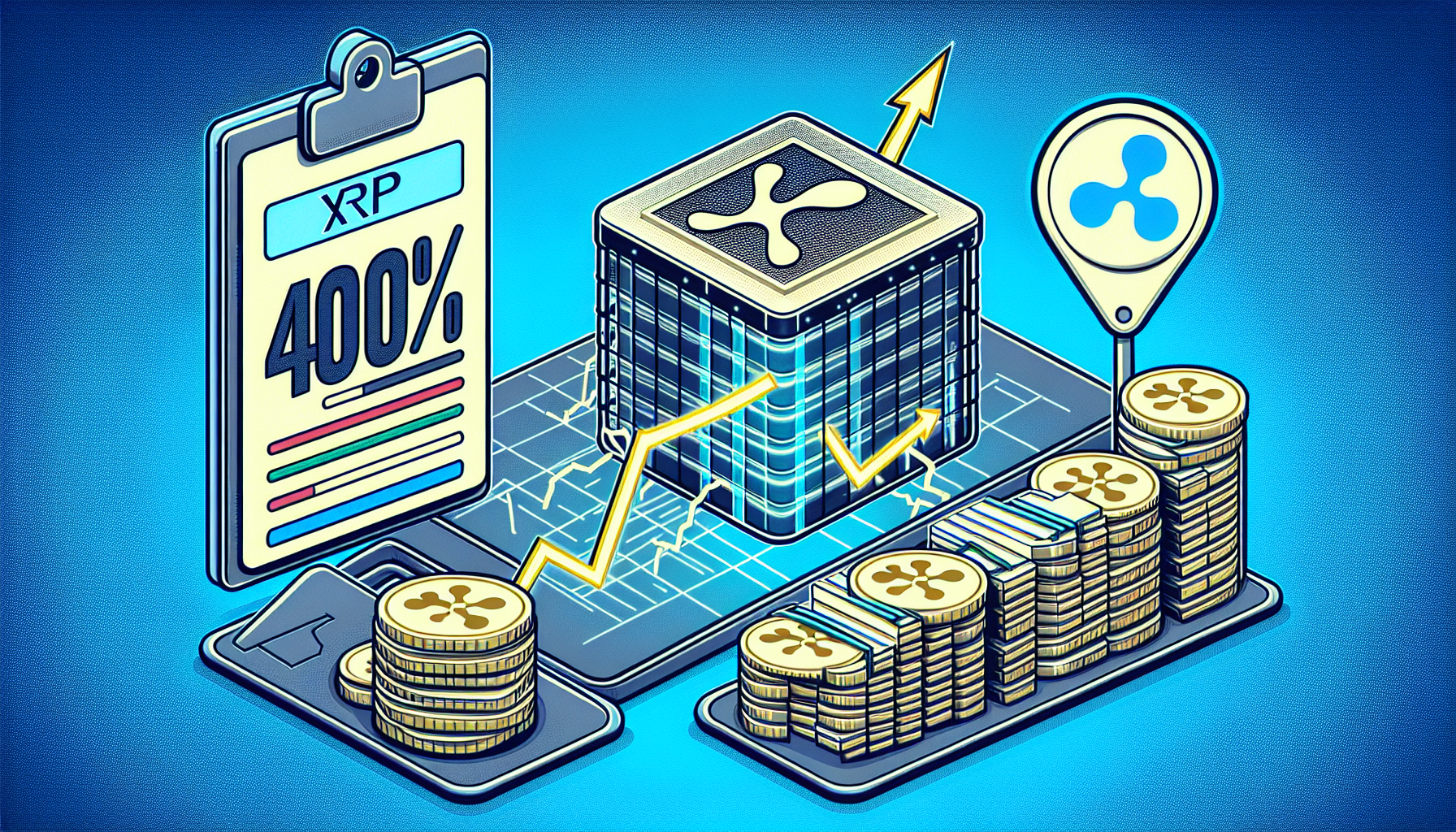In recent years, Decentralized Finance, or DeFi, has emerged as a revolutionary force within the financial sector, shifting paradigms and introducing new opportunities for both investors and everyday users. This groundbreaking technology stands poised to redefine the economic landscape, challenging the entrenched paradigms of traditional banking. In this article, we will explore what DeFi is, its current state, its potential future, and how it might just reshape the financial world as we know it.
Understanding DeFi
At its core, DeFi refers to a collection of financial services and products that operate on blockchain platforms, predominantly Ethereum, without the need for traditional intermediaries like banks and brokers. By leveraging smart contracts, DeFi platforms can provide services such as lending, borrowing, earning interest, and even complex derivative trading in a trustless and transparent environment.
The elimination of intermediaries isn’t just about cost-saving. It’s about expanding access to financial services worldwide, particularly for the unbanked or underbanked, and introducing a new level of transparency and efficiency.
The Current State of DeFi
The growth of DeFi has been nothing short of meteoric. According to recent estimates, the total value locked (TVL) in DeFi protocols soared from about $1 billion in 2019 to over $100 billion in 2021. However, as of late 2023, the market has adjusted, reflecting both the maturation of the space and the impact of market cycles inherent to the crypto industry. Projects like Uniswap, Aave, and Compound have become household names, providing users with decentralized access to liquidity pools, borrowing, and lending.
Moreover, the DeFi landscape is not strictly anchored to Ethereum anymore. Other blockchains such as Binance Smart Chain, Solana, and Avalanche have emerged, offering faster and cheaper transactions, and thus attracting new users and developers. This multi-chain ecosystem is setting the stage for what could become a highly interoperable and complex financial network.
The Benefits of DeFi
- Accessibility: DeFi provides financial services to anyone with an internet connection. There are no geographical restrictions or credit score checks, making it a formidable tool for financial inclusion.
- Transparency: Thanks to blockchain technology, each transaction can be independently verified and audited in real-time, drastically reducing the risk of fraud.
- Security and Control: Users maintain control over their own funds, thanks to non-custodial wallets where individuals hold their private keys, reducing reliance on centralized entities that might fail or face regulatory issues.
- Innovation: The space is ripe with experimentation, from yield farming to liquidity mining, offering users new ways to earn returns on their investments.
Challenges Facing DeFi
Despite its potential, DeFi is not without its challenges. These include issues such as scalability, security vulnerabilities, and regulatory uncertainties. Countless high-profile exploits have highlighted the need for rigorous security best practices and robust auditing of smart contracts. Regulatory clarity remains paramount as DeFi grows, with governments worldwide grappling with how to incorporate decentralized services within existing legal frameworks.
The Future of DeFi
The road ahead for DeFi is both promising and complex. As technology evolves, so will the capabilities of decentralized financial platforms. Here are some trends and possibilities for the future:
- Interoperability: Expect seamless integration between different blockchain networks, allowing for cross-chain transactions that could mitigate current issues of congestion and high transaction fees on Ethereum.
- Integration with Traditional Finance: As DeFi protocols mature and prove their reliability, traditional financial institutions might start incorporating DeFi elements into their services, pursuing a hybrid model benefitting from the best of both worlds.
- Improved User Experience: For widespread adoption, DeFi platforms must focus on user-friendly interfaces and educational resources that demystify complex financial concepts for the average user.
- Increased Regulation and Security: As DeFi becomes more mainstream, it will attract more regulatory scrutiny. Clear guidelines can provide a safer environment for users and deter malicious actors.
Impact on Traditional Banking
DeFi poses an existential question to traditional banking operations. With DeFi’s rise, banks might see a decrease in demand for some of their core services such as savings accounts, loans, and international wire transfers – areas where DeFi solutions often offer better rates and terms.
However, banks are unlikely to vanish. Instead, they’re expected to adapt by adopting and integrating DeFi technologies. Financial institutions could potentially act as bridges, offering fiat to DeFi gateways and engaging in regulatory compliance while leveraging DeFi’s efficiencies.
Concluding Thoughts
The rise of DeFi is a crucial chapter in the story of financial evolution, promising to shine a light on new ways to manage and grow wealth without the traditional constraints. As the technologies underpinning DeFi continue to advance, they could dramatically reshape our economic systems, making them more inclusive, efficient, and transparent.
For enthusiasts, investors, and technologists, staying informed and cautious is vital as the space continues to evolve. While DeFi offers remarkable opportunities, it also demands a new mindset, one where users are as responsible and informed as the decentralized networks they engage with.
In conclusion, while the future remains uncertain, one thing is clear: DeFi is here to stay, and its impact is only beginning to be felt across the world of finance. Whether you’re a seasoned investor or a curious newcomer, understanding and engaging with DeFi could be crucial in navigating the financial landscapes of tomorrow.
